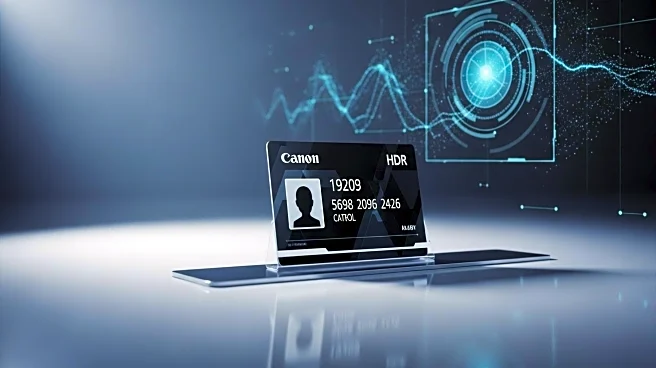What is the story about?
What's Happening?
The UK government, led by Prime Minister Keir Starmer, has announced plans to introduce mandatory digital identification cards for British citizens and permanent residents. This initiative aims to control the country's borders by reducing unauthorized immigration and making it more difficult for individuals to work in the underground economy. The digital ID cards will also simplify access to public services such as healthcare and welfare. The plan, which revives a previously contentious idea, is set to be implemented before the next election, due by 2029. The government assures that the digital ID will be free and accessible even to those without smartphones.
Why It's Important?
The introduction of digital ID cards in the UK is significant as it represents a shift in immigration policy and public service access. By making it mandatory to have a digital ID to work, the government aims to deter illegal immigration and reduce the shadow economy. This move could impact various sectors, including labor markets and public services, by ensuring that only authorized individuals can access these resources. However, the plan has faced criticism from civil rights groups concerned about privacy and personal liberty. The success of this initiative could influence similar policies in other countries facing immigration challenges.
What's Next?
The UK government plans to hold a public consultation to finalize the details of the digital ID system. As the policy is developed, it is likely to face scrutiny and debate from political leaders, civil rights organizations, and the public. The government will need to address concerns about data security and privacy to gain broader acceptance. Additionally, the effectiveness of the digital ID in curbing unauthorized immigration will be closely monitored, potentially influencing future immigration and public policy decisions.

















